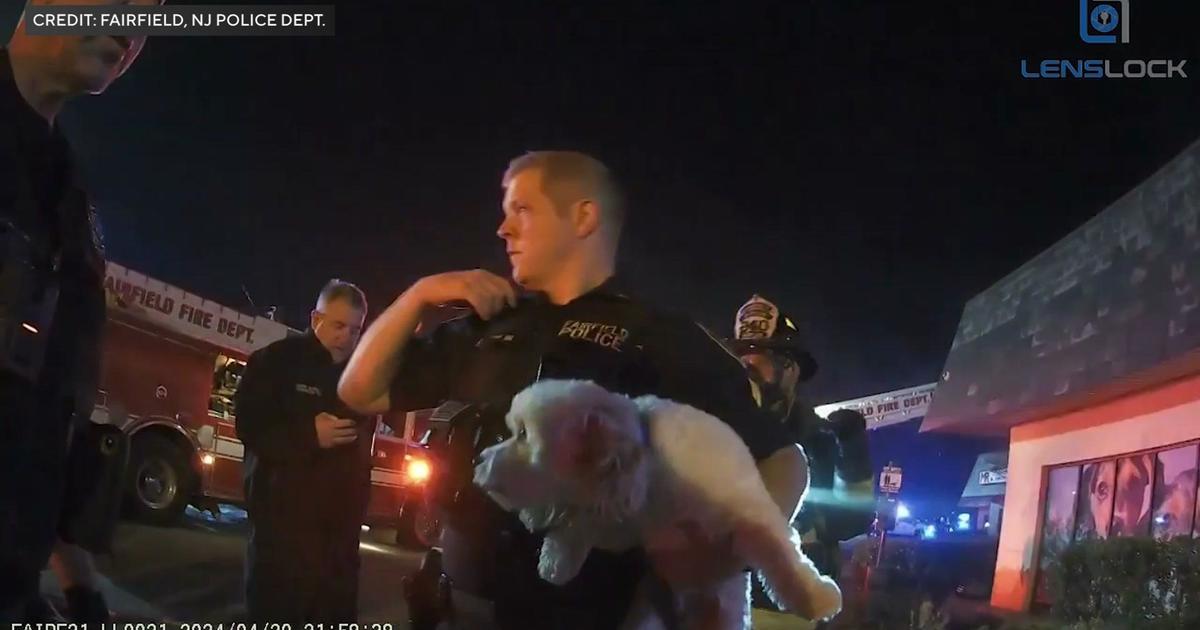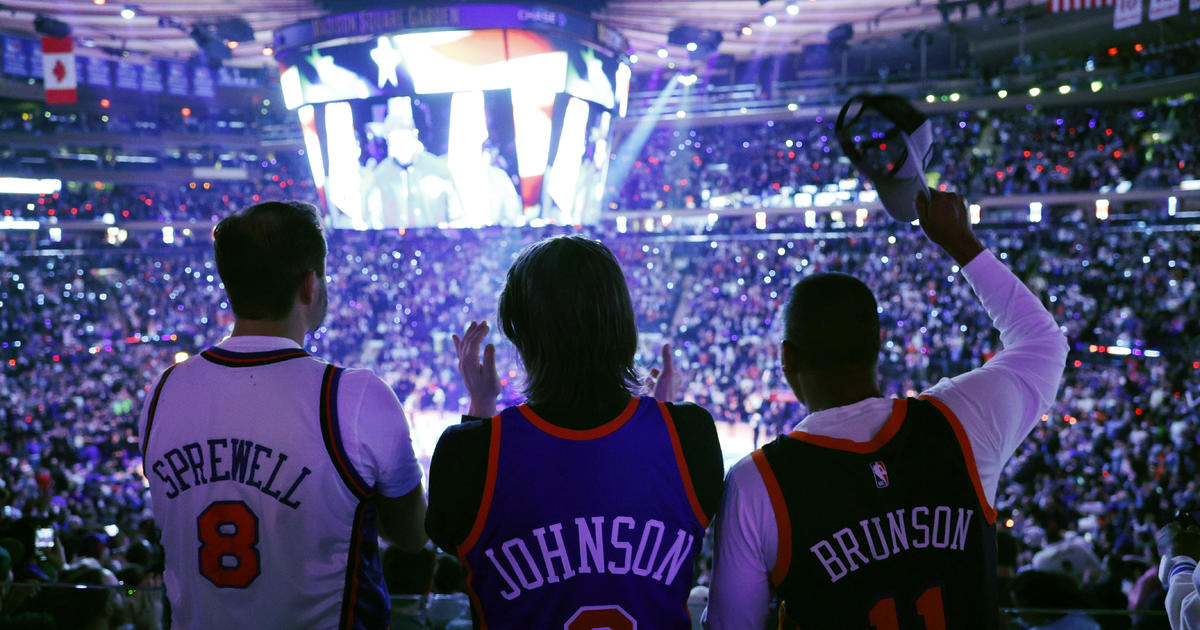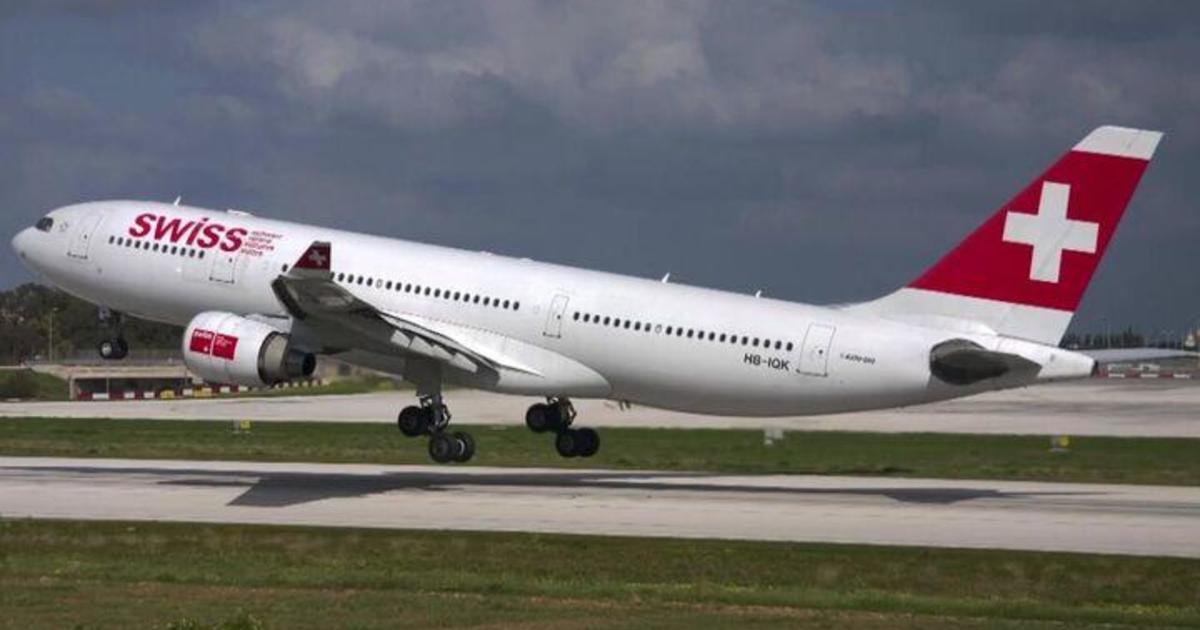Hearing To Address Diplomatic Immunity For Strauss-Kahn
NEW YORK (AP) -- After criminal sexual assault charges against Dominique Strauss-Kahn dissolved last year in prosecutors' doubts about his accuser's reliability, she vowed to get her day in another court.
The hotel maid's civil case against the former International Monetary Fund chief is now nearing an important point, with a hearing set this week on Strauss-Kahn's claim that diplomatic immunity should insulate him from the lawsuit.
The hearing, the first in the case, isn't intended to weigh the essence of housekeeper Nafissatou Diallo's allegation that Strauss-Kahn tried to rape her when she arrived to clean his luxury suite last May. The accusation put Strauss-Kahn, then a potential French presidential candidate, in jail for nearly a week and launched his political career into a tailspin of sexual scandal.
Rather, Wednesday's hearing is likely to revolve around the complex laws that shield diplomats from prosecution and lawsuits in their host countries. And Strauss-Kahn's arguments are raising some novel questions about the scope of those laws, experts say.
"This is a very unique set of circumstances, and high-profile, to boot," said Robert C. O'Brien, a former United Nations official who is now the managing partner of Arent Fox LLP's Los Angeles office.
Neither Diallo, 33, nor Strauss-Kahn, 62, is expected to attend the hearing in a Bronx state court. It's unclear when a judge will decide whether the case should be allowed to go forward toward a trial, which Diallo's lawyers say she eagerly awaits.
"It didn't happen with the DA, but we intend to vindicate Ms. Diallo's rights," one of her lawyers, Kenneth P. Thompson, said by phone.
Strauss-Kahn's lawyers declined to comment. They've previously slammed the suit as an attempt to squeeze money out of him.
Then overseeing the IMF, Strauss-Kahn was in New York to visit his daughter when Diallo said he attacked her. The married Strauss-Kahn has since called the encounter a "moral failing" but insists it wasn't violent.
The Manhattan district attorney's office dropped the case in August, saying prosecutors couldn't proceed on the word of a woman who had lied about her background and wavered about her actions right after the alleged attack. Diallo is adamant that she was truthful about the encounter.
The Associated Press generally doesn't name people who report being sexually assaulted unless they come forward publicly, as Diallo has done.
When police arrested him, Strauss-Kahn declared that he had diplomatic immunity, according to a police account of his statements. But the IMF soon said he didn't because he was in New York on personal business. Strauss-Kahn, who resigned his post days later, ultimately didn't try to assert immunity in the criminal case.
His lawyers have said he was focused then on clearing his name but is claiming immunity now because he doesn't want to have to defend himself further against the same allegations.
Giving foreign countries' representatives a legal pass, to show respect and further diplomacy, is an ancient tradition codified in various modern laws.
Strauss-Kahn argues he had complete immunity -- including for personal activities -- under a 1947 U.N. agreement that afforded that privilege to the heads of "specialized agencies," which include the IMF. Strauss-Kahn carried a diplomatic travel document saying he was entitled to those immunities, his lawyers note.
The United States isn't part of the 1947 agreement. But Strauss-Kahn's lawyers contend that it has such widespread acceptance elsewhere that it has become what's known as "customary international law," a principle U.S. courts have recognized.
"Mr. Strauss-Kahn enjoyed absolute immunity under customary international law," even after he resigned the IMF post but was required to stay in the United States for the criminal case, lawyer William W. Taylor III wrote in a September court filing calling for the suit to be dismissed.
Diallo's lawyers responded that Strauss-Kahn's argument "misses the mark completely." It's overreaching to claim that the 1947 agreement amounts to an international norm, especially in a country that didn't sign onto it, and the IMF flatly said Strauss-Kahn didn't have immunity, Thompson wrote in a filing in October.
If the case survives, it will test Diallo's claims in a forum with considerably different rules than criminal court.
Prosecutors in criminal cases must prove a case beyond a reasonable doubt, while plaintiffs in lawsuits need only persuade a judge or jury that a preponderance of the evidence is in their favor. And a defendant can be forced to testify in a civil case, unlike in a criminal one.
The former criminal case against Strauss-Kahn could factor in the civil case, however. Diallo's lawyers likely would try to introduce the fact that Strauss-Kahn was criminally charged. And his attorneys could try to raise the inconsistencies in her statements to prosecutors, said Robert Mintz, a former federal prosecutor in New Jersey who's now a defense lawyer with McCarter & English LLP.
Since his arrest, Strauss-Kahn has been mired in other allegations surrounding his sex life.
A French writer came forward to say he'd tried to rape her during a 2003 interview; Paris prosecutors said in October that the case was too old to try, but they said Strauss-Kahn had admitted during questioning to actions amounting to sexual assault.
Then he was questioned by police in Lille, France, last month about a suspected hotel prostitution ring.
Diallo, meanwhile, has struggled with psychological and physical aftereffects of her encounter with Strauss-Kahn, Thompson said. She said a ligament in her shoulder was torn, among other injuries.
She hasn't returned to work or even gone back to the hotel since, her lawyer said.
Please leave a comment below...
(Copyright 2012 by The Associated Press. All Rights Reserved.)



